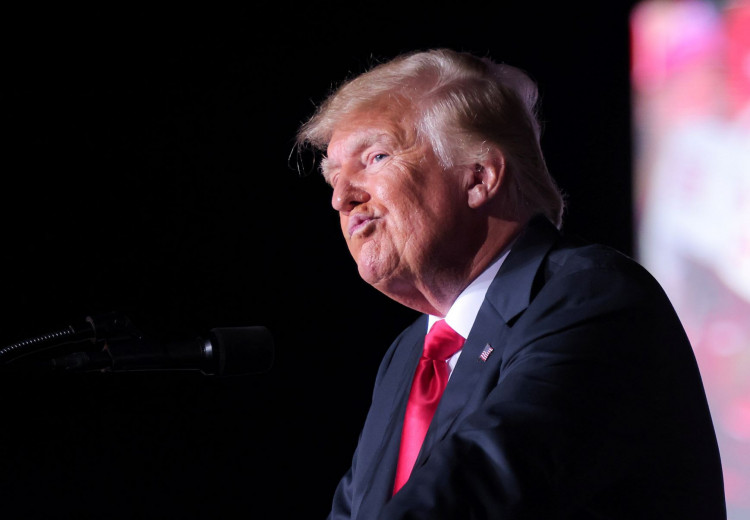The Bahamas has firmly rejected a proposal from U.S. President-elect Donald Trump's transition team to accept deported migrants from third countries. The decision reflects the island nation's limited capacity to accommodate such an arrangement, complicating Trump's sweeping plans for mass deportations.
"The Bahamas simply does not have the resources to accommodate such a request," the office of Prime Minister Philip Davis said in a statement Thursday. Officials confirmed that the proposal to accept deportation flights had been "reviewed and firmly rejected," and added, "Since the Prime Minister's rejection of this proposal, there has been no further engagement or discussions with the Trump transition team or any other entity regarding this matter."
The proposal was reportedly part of Trump's plan to address cases where migrants' home countries refuse to take them back. Sources told NBC News that the administration was preparing a list of countries, including Panama, Grenada, and the Turks and Caicos Islands, as possible destinations for deported individuals. However, no agreements with these countries have been announced.
The Bahamas, with a population of fewer than 400,000 people, is among the smaller nations approached for participation. Rights groups and critics of Trump's proposal argue that sending individuals to third countries could leave them permanently displaced in nations where they have no familial or cultural connections.
Trump's immigration policy has been a cornerstone of his political agenda. During his campaign, he pledged to carry out what he described as the "largest deportation operation" in U.S. history. His transition team's approach has sparked concerns among human rights advocates, who have questioned the practicality and ethical implications of relocating migrants to third countries.
"Little is known about how President-elect Trump would carry out his mass deportation agenda, but what we do know is that this proposal has already instilled fear among immigrant communities," said Eva Bitran, director of immigrants' rights at the ACLU of Southern California. The organization has filed lawsuits seeking greater transparency regarding deportation flights and their potential expansion.
The incoming administration has also hinted at broader measures to enforce immigration laws. Trump recently threatened to impose a 25% tariff on Mexico and Canada to curb the flow of drugs and unauthorized migrants. While Canada has pledged to bolster its border security, Mexico has expressed reluctance to accept deported individuals from third countries. "Our main purpose is to receive Mexicans," Mexican President Claudia Sheinbaum said during a press conference.
The Bahamas' decision underscores the challenges Trump's administration may face in enacting its immigration agenda. Critics have also noted that Trump's plans would likely face legal challenges and require significant cooperation from foreign governments.
This is not the first time a U.S. administration has pursued similar strategies. In 2019, the Trump administration implemented a "safe third country" agreement with Guatemala, which required asylum seekers from countries like Honduras and El Salvador to apply for protection there instead of continuing to the U.S.





